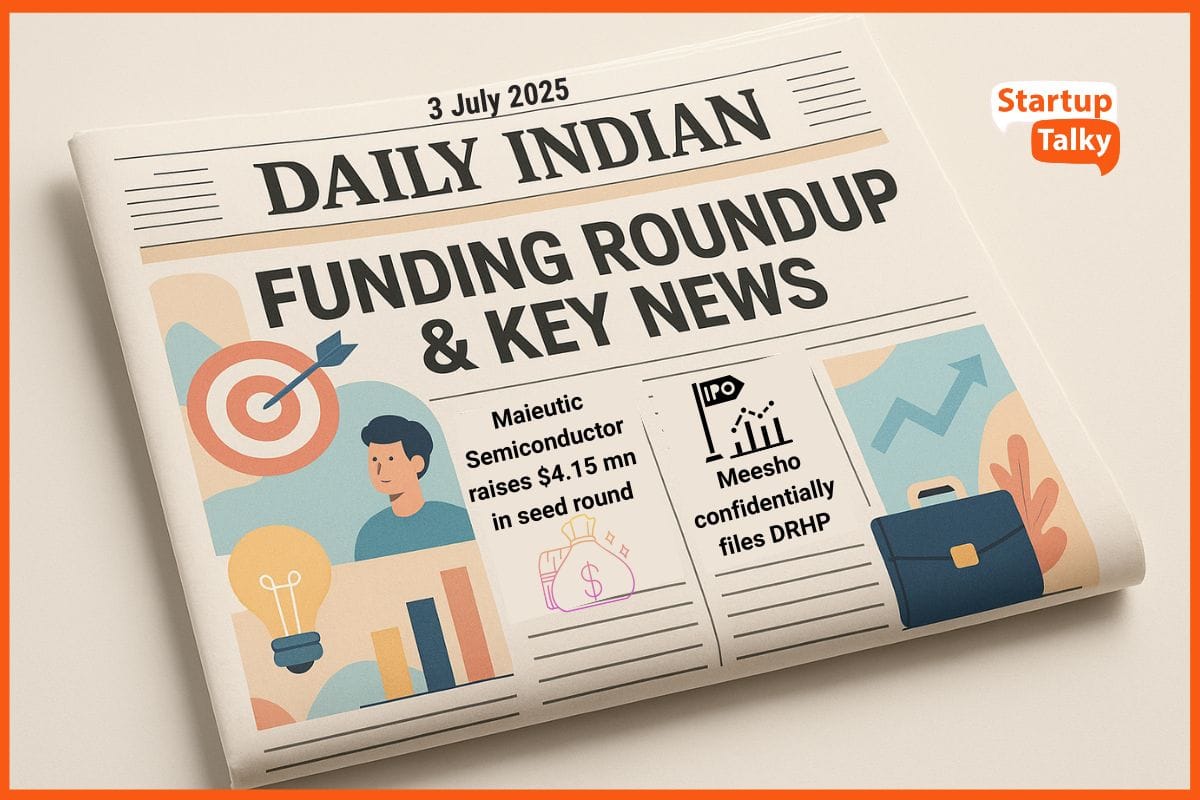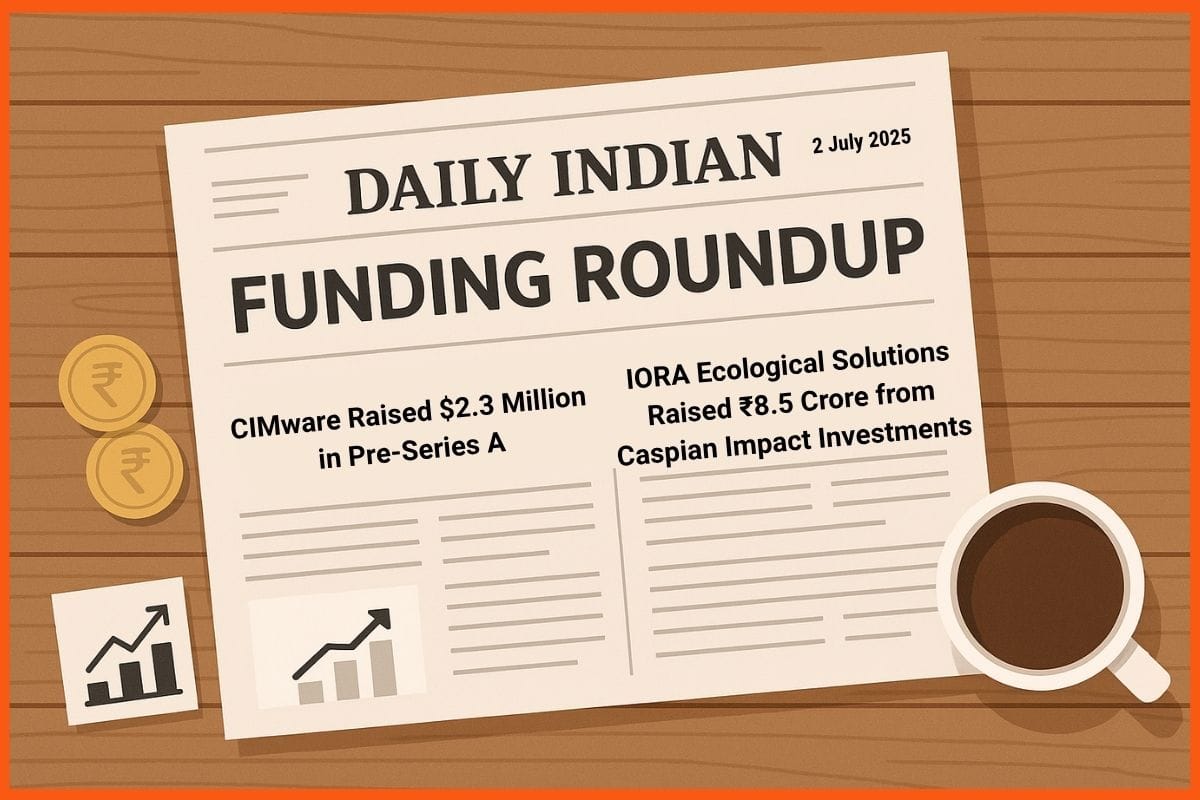India’s corporate and startup ecosystem witnessed a mix of strategic moves, regulatory updates, and investor activity on 4 July 2025. While no startup funding rounds were disclosed today, developments like NoPaperForms preparing for a public listing, Citigroup offloading Swiggy shares, and Lenskart backing deep-tech innovation kept the day eventful. Here are the top business and startup highlights.
Info Edge‑backed NoPaperForms converts into a public company
NoPaperForms Solutions Private Limited, backed by Info Edge and parent of Meritto, has officially converted into a public limited company. The board has approved renaming it to NoPaperForms Solutions Limited, paving the way for a potential INR 500–600 crore IPO by the end of 2025.
Citigroup sells INR 12.2 crore worth of Swiggy shares to BNP Paribas
Citigroup Global Markets sold 3.2 lakh Swiggy shares at INR 381 each in a block deal to BNP Paribas Financial Markets, totalling approximately INR 12.2 crore. The transaction occurred today via BSE’s bulk deal platform.
Lenskart invests in Mumbai‑based AjnaLens to build smart glasses
IPO‑bound Lenskart has made an undisclosed strategic investment in deep‑tech startup AjnaLens, headquartered in Mumbai. The partnership aims to co‑develop AI-powered smart glasses, leveraging Lenskart’s engineering prowess and AjnaLens’ XR expertise.
BlackBuck subsidiary receives PPI licence from RBI
TZF Logistics Solutions Pvt Ltd, the wholly owned subsidiary of BlackBuck, has been granted a Prepaid Payment Instrument (PPI) licence by the RBI. This licence enables TZF to issue digital wallets aimed at simplifying payments for logistics players.
EaseMyTrip co‑founder Prashant Pitti pledges ₹95 crore in shares
Prashant Pitti, co‑founder and executive director of EaseMyTrip, has pledged 9 crore shares (worth approximately INR 95 crore) to Motilal Oswal Financial Services, per a filing made on 26 June 2025. The pledge is intended for personal use.
Yum! Brands to mediate merger of Devyani & Sapphire franchisees
Parent company Yum! Brands is reportedly facilitating a proposed merger between its Indian franchisees, Devyani International and Sapphire Foods. The deal could involve a 1:3 share swap, consolidating KFC and Pizza Hut operations under Devyani to boost synergies amid slowing growth. Initial clarification from both firms indicates “no material event” at this stage.




